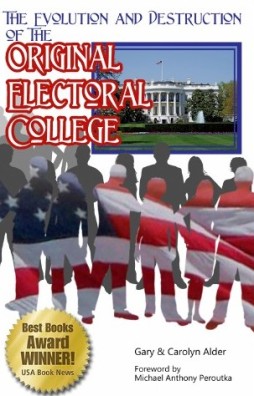Lesson 8 Assignment 3
Student Responses:
“There is a principle of freedom that is currently largely misunderstood – that the purpose of the Constitution is to define the limits of the government or, as you say, to protect the people from the human weaknesses of their rulers. In other words, there is a right place for defining the framework within which the government may operate (the Constitution), and there is a right place for laws which proscribe individuals from doing things they shouldn’t (legislation), that the two must be in concert with one another, but separate, and that the guiding principle for the placement of either is based on who is being restricted, the United States or an individual citizen of the United States.
My previous understanding, and I think many are in this boat, is that since the Constitution is considered fundamental law or “the supreme law of the land,” then a constitutional amendment is a means to legislate in such a way as to trump the Supreme Court, and perhaps even the States themselves. It’s a kind of a one-upmanship. With my new understanding, however, matters regarding citizens’ behavior should be addressed solely in ordinary laws or statutes passed by the legislature. Ideally, the judicial branch should rule on whether a given party has violated a given law, but should not rule on the merits of a law itself, except where the law clearly exceeds constitutional bounds. The problem seems to be that the Supreme Court has inflated and abused their ability to determine the constitutionality of laws. The legislature further compounds the problem by 1) not employing their constitutional powers to place exceptions and/or regulations on judicial jurisdiction, and 2) attempting to one-up the courts through constitutional amendments.”
—Eric J. Colby
“United States, shall be the supreme law of the land; and the judges in every state shall be bound thereby, anything in the Constitution or laws of any State to the contrary notwithstanding.
That means no subjection to foreign treaties or the united nations or a world order.”
—Melva Gifford


